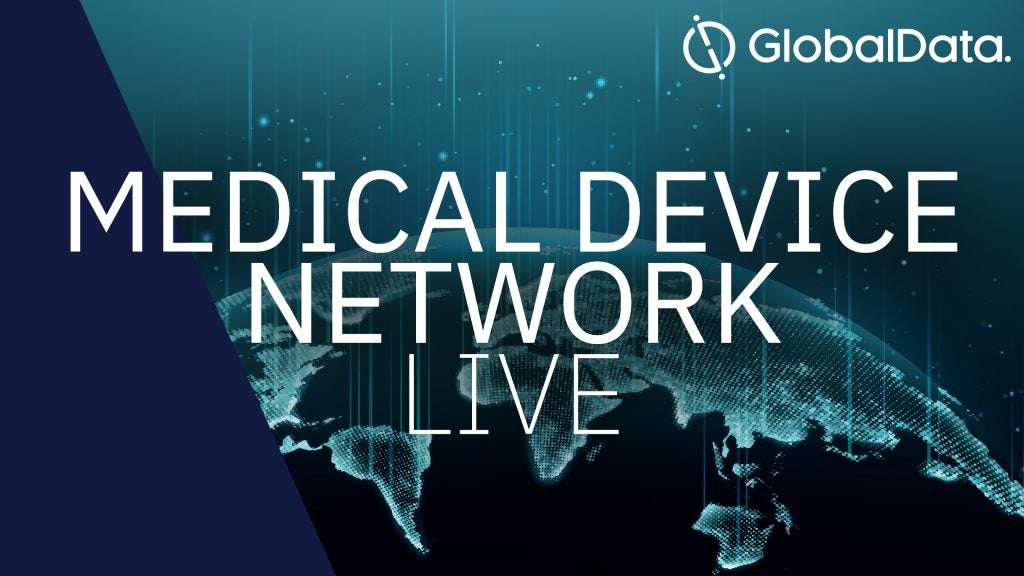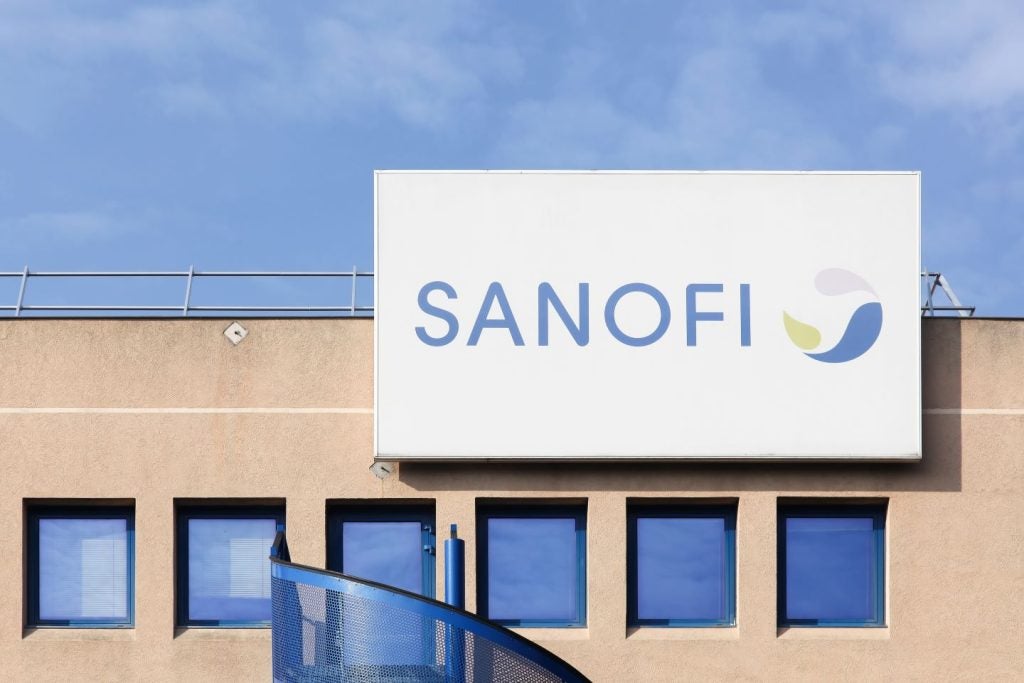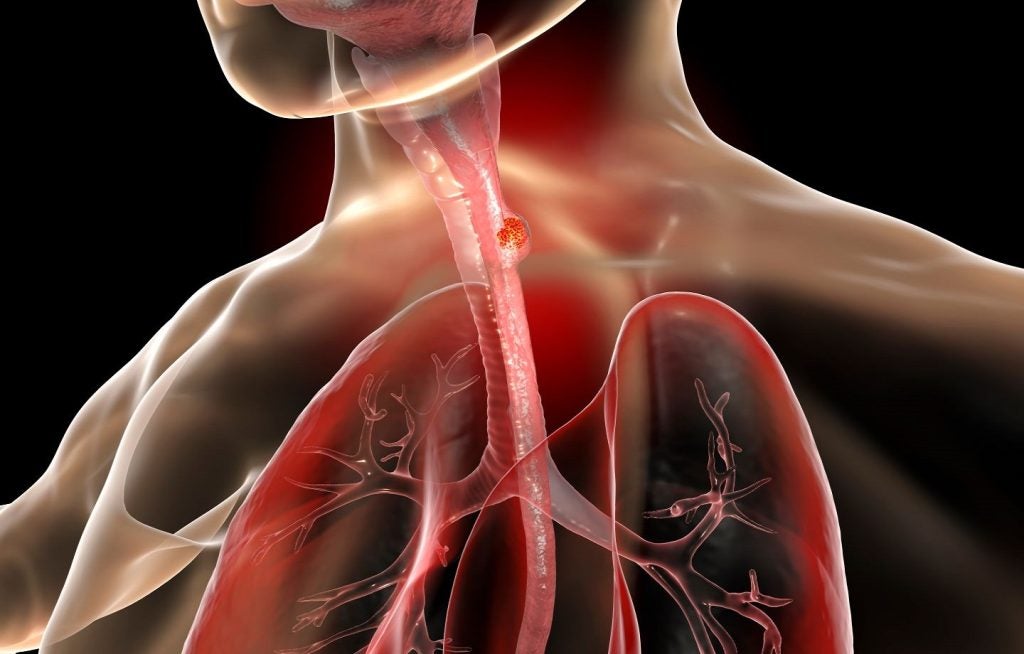A majority of UK National Health Service (NHS) users would rather have their skin cancer assessed by artificial intelligence (AI) than bear with long waiting lists.
The research by UK medical diagnostic company Skin Analytics found that 62% of NHS patients polled would rather have their skin assessed by a computer than wait weeks to see a dermatologist in person.
It also found that 84% feel comfortable having their lesions photographed while 77% are confident a computer can help them and their doctor by analysing photos of lesions.
Working alongside Chelsea and Westminster Hospital to survey 268 patients being assessed for skin cancer, the poll comes as part of a research report into the company’s own Deep Ensemble for the Recognition of Malignancy (DERM) system, an imaging device designed to detect potential skin cancers.
Skin Analytics CEO Neil Daly said: “Skin cancer accounts for the highest number of urgent referrals among all cancers in the UK yet, despite sustained and considerable effort from dermatology departments, waitlists are growing significantly. AI can both expedite and improve the accuracy of skin cancer diagnosis so that fewer unnecessary referrals are made, reducing waiting times and treatment delays for people with suspected cancer.”
The report comes as the NHS laid out its own roadmap, detaining the future implementation of teledermatology systems in hopes of lessening the already considerable wait times for some NHS services and overall increasing the efficiency of diagnosis.
Previously in the US, another study by medical technology manufacturer Dermasensor demonstrated its skin cancer detection device can reliably detect cancers despite differences in melanin content and skin tone.
Daly added: “Our latest evidence on DERM shows that patients’ principal concern is around the speed of assessment in diagnosing skin cancer, and they feel comfortable in choosing AI and teledermatology over traditional appointments should they be faster.
“In our latest quarterly performance review, we have seen our AI medical device find >95% of skin cancers while discharging more than seven in ten benign lesions. This is incredibly reassuring when we consider that survival rates for skin cancer soar above 95% if detected early. Not only that, it reduces anxieties for those patients with benign cases who are waiting to be seen.”
















